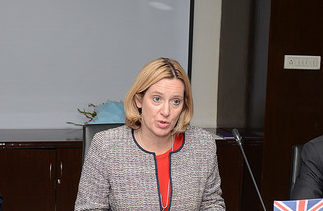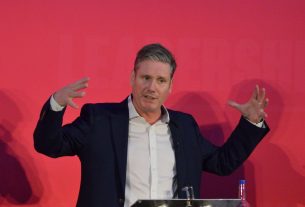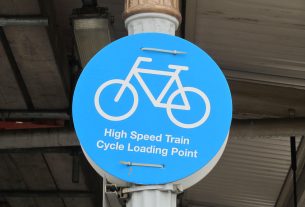The new Work and Pensions Secretary Amber Rudd walked into a row over poverty with a United Nations expert within days of taking up her post.
She had criticised a report by UN expert Philip Alston that blamed Government austerity policies for inflicting “misery” on thousands of UK citizens.
Mr Alston, the UN special rapporteur on extreme poverty and human rights, spent two weeks touring the country before delivering his damning verdict.
His 24-page report said the Government’s austerity programme was “punitive, mean-spirited, and often callous” and was for ideological rather than economic reasons.
But his findings were swiftly dismissed by Conservative ministers and Rudd said its tone and content were “highly inappropriate.”
She added that the language it used was of an “extraordinary political nature” and that this “discredited a lot of what he was saying.”
Alston hit back, saying Rudd should focus her efforts on making the benefits system more humane instead of dismissing his findings out of hand.
He said that his report pinpointed austerity’s particular impact on women, the disabled and children and Rudd now had the power to improve things.
“Steps could be taken simply through instructions provided by the minister to the Department for Work and Pensions (DWP) that would make the system more humane.”
Alston, who will present the full version of the report to the UN Human Rights Council next year, added: “I’m hoping that actions will speak louder than words.”
Ministers were quick to react after the report was published last week, with Treasury minister Mel Stride saying he was “disappointed” with Alston’s portrayal of Britain.
Junior Brexit minister Kwasi Kwarteng told the BBC: “I don’t know who this UN man is, I don’t know where he’s been.”
But a DWP spokeswoman said they did not dispute the statistics used by Alston as the basis for his report and added they were studying his findings closely.
The spokeswoman added that income inequality had fallen since 2010 and there 637,000 fewer children were growing up in unemployed households.
Alston says 14 million people are living in poverty in the UK, with local authorities struggling to help after a 49 per cent real terms funding cut in the past seven years.
Many people who Alston consulted for the report backed his findings, with a number telling The Guardian that they were “appalled” by the Government’s response.
Mike Burgess, who runs the Phoenix Detached Youth Project in North Shields, said: “They are not in the real world. They are people who have no idea what is going on.
“What the UN envoy saw was anger. These people shield themselves from the anger and suffering.”




